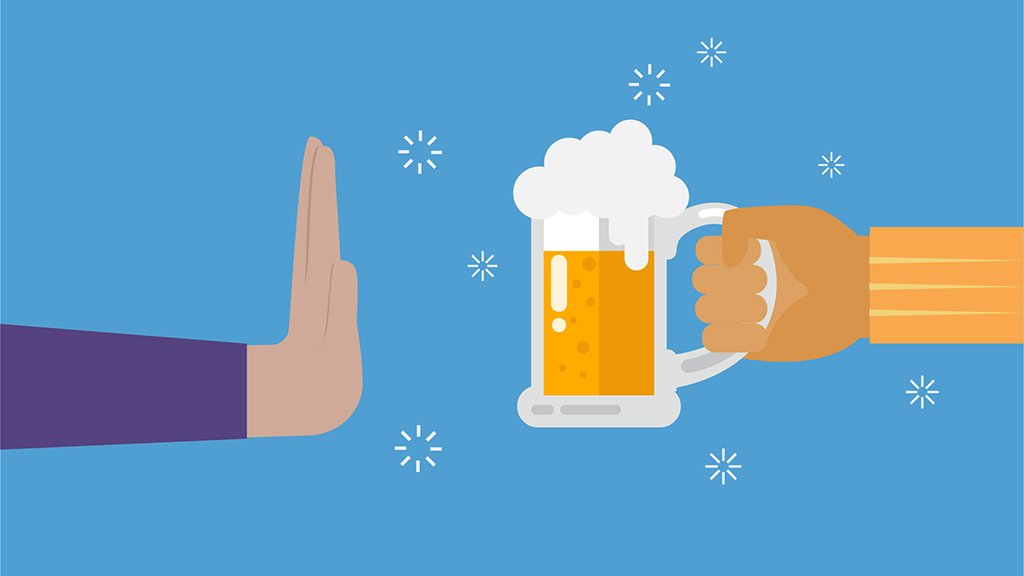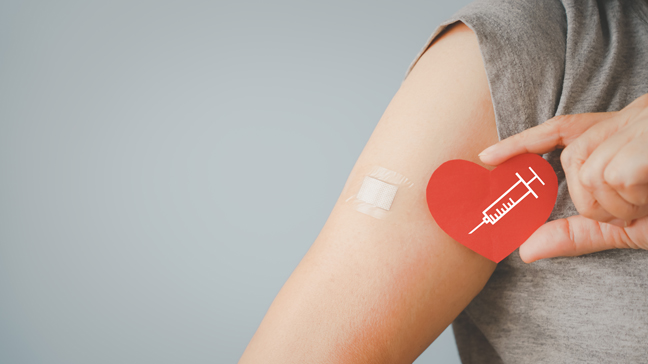- Diseases
- Acoustic Neuroma (14)
- Adrenal Gland Tumor (24)
- Anal Cancer (66)
- Anemia (2)
- Appendix Cancer (16)
- Bile Duct Cancer (28)
- Bladder Cancer (68)
- Brain Metastases (28)
- Brain Tumor (230)
- Breast Cancer (716)
- Breast Implant-Associated Anaplastic Large Cell Lymphoma (2)
- Cancer of Unknown Primary (4)
- Carcinoid Tumor (8)
- Cervical Cancer (154)
- Colon Cancer (164)
- Colorectal Cancer (110)
- Endocrine Tumor (4)
- Esophageal Cancer (42)
- Eye Cancer (36)
- Fallopian Tube Cancer (6)
- Germ Cell Tumor (4)
- Gestational Trophoblastic Disease (2)
- Head and Neck Cancer (6)
- Kidney Cancer (124)
- Leukemia (344)
- Liver Cancer (50)
- Lung Cancer (288)
- Lymphoma (284)
- Mesothelioma (14)
- Metastasis (30)
- Multiple Myeloma (98)
- Myelodysplastic Syndrome (60)
- Myeloproliferative Neoplasm (4)
- Neuroendocrine Tumors (16)
- Oral Cancer (100)
- Ovarian Cancer (170)
- Pancreatic Cancer (166)
- Parathyroid Disease (2)
- Penile Cancer (14)
- Pituitary Tumor (6)
- Prostate Cancer (144)
- Rectal Cancer (58)
- Renal Medullary Carcinoma (6)
- Salivary Gland Cancer (14)
- Sarcoma (236)
- Skin Cancer (296)
- Skull Base Tumors (56)
- Spinal Tumor (12)
- Stomach Cancer (60)
- Testicular Cancer (28)
- Throat Cancer (90)
- Thymoma (6)
- Thyroid Cancer (98)
- Tonsil Cancer (30)
- Uterine Cancer (78)
- Vaginal Cancer (14)
- Vulvar Cancer (18)
- Cancer Topic
- Adolescent and Young Adult Cancer Issues (20)
- Advance Care Planning (10)
- Biostatistics (2)
- Blood Donation (18)
- Bone Health (8)
- COVID-19 (362)
- Cancer Recurrence (120)
- Childhood Cancer Issues (120)
- Clinical Trials (624)
- Complementary Integrative Medicine (24)
- Cytogenetics (2)
- DNA Methylation (4)
- Diagnosis (230)
- Epigenetics (6)
- Fertility (62)
- Follow-up Guidelines (2)
- Health Disparities (14)
- Hereditary Cancer Syndromes (122)
- Immunology (18)
- Li-Fraumeni Syndrome (8)
- Mental Health (118)
- Molecular Diagnostics (8)
- Pain Management (62)
- Palliative Care (8)
- Pathology (10)
- Physical Therapy (18)
- Pregnancy (18)
- Prevention (894)
- Research (390)
- Second Opinion (74)
- Sexuality (16)
- Side Effects (604)
- Sleep Disorders (10)
- Stem Cell Transplantation Cellular Therapy (216)
- Support (404)
- Survivorship (322)
- Symptoms (184)
- Treatment (1772)
Managing social anxiety: How to regain the ground you’ve lost due to COVID-19
5 minute read | Published May 20, 2021
Medically Reviewed | Last reviewed by an MD Anderson Cancer Center medical professional on May 20, 2021
Social anxiety is the reluctance to engage in everyday activities you normally enjoy, because you’re worried about making a mistake, feeling awkward, or embarrassing yourself around others.
A lot of people experienced some form of this even before the COVID-19 pandemic, whether it was self-consciousness before a first date or nervousness before a business meeting. But many more of us are experiencing social anxiety right now as we start venturing back out into the “real world,” after more than a year of social distancing and isolation.
So, what can you do about it, if you’ve been feeling it, too? Here are some things to keep in mind.
Understand why you’re experiencing social anxiety
Early on in the COVID-19 pandemic, everyone’s big question was, “How do I deal with the isolation?” Now that the world is opening back up again, we have a whole new set of issues to contend with.
For one thing, there’s still a lot of deep-seated anxiety about catching COVID-19, even among the fully vaccinated. This is totally understandable, given that we’ve been programmed for more than a year to fear the coronavirus. That kind of conditioning is hard to shake. And anxiety doesn’t just wash away with a shot.
But there’s also a social component to this phenomenon, because many of us have been living in very small bubbles, with limited to no in-person contact with people from outside our households. And once you’ve gotten used to that, having to un-adjust to it feels very weird.
Know that a little social anxiety is to be expected
None of us has lived through anything like this before, so a post-pandemic world is uncharted territory. Still, it’s important to remember that we weren’t all just hiding out in our homes for no reason. We were staying in seclusion to keep ourselves safe – and to protect our loved ones and our community.
So, it’s not irrational to feel worried or a little self-conscious now about returning to what were once unremarkable, everyday activities, especially when they’ve felt so fraught with peril for more than a year.
The thing to avoid now is letting your anxiety dictate your social life. Here’s how it happens: You think about reconnecting with people – at a dinner out or a game night – and your stress level ratchets up. Then, you change your mind about going, and the anxiety diminishes. You feel better immediately when you decide to stay put, so the pattern of isolation gets reinforced. And, before you know it, it’s become a habit.
Practice using your social skills to overcome anxiety
The key to breaking that cycle is practice. Social skills are just like any other: they get rusty if you don’t use them. So, be gentle with yourself, go slowly and start small. Smile at a neighbor. Say hello to a cashier. Talk to a waiter. And, if you find yourself struggling when somebody tries to talk to you, remember that old conversational standby: the weather.
The goal here is to figure out where your boundaries are, so you can start pushing them a little, and gradually reclaim any ground that you’ve lost.
One person I know refused to leave her house. So, the first goal she set for herself was to go outside and check the mailbox every day. Another tested the waters by going to a neighborhood park, just so she could be around other people, yet safely at a distance. And a third had lunch alone at an outdoor restaurant, where it felt momentous just to take off her mask to eat on the patio in the sunshine.
Aim for progress, not perfection
As for myself, I’ll probably never eat birthday cake again after someone has blown out the candles, but I will resume going to parties, eventually. And though I’ll probably start going out in public a bit more now that I’m fully vaccinated, I also plan to keep wearing a mask – and making my kids do the same.
The point is that everyone’s comfort levels and end goals are going to be different – even among people in the same household. So, aim for progress, not perfection. And check in with yourself periodically, as you take baby steps to get back to where you want to be. You’ll know you’re making progress when you feel a little bit of anxiety about the prospect of doing something, but not so much that it actually prevents you from doing it.
Realize that you’re normal
In a way, post-pandemic life is very similar to what cancer patients go through, once they’ve finished treatment. All of a sudden, everybody expects them to just return to normal, and to be the same people they were before their cancer diagnoses.
But transitioning back to “normal life” is not that easy, because cancer – much like living through a pandemic – affects you permanently. The mindset it creates is not something you can just switch on and off, either. And some patients are still dealing with side effects, too, whether it’s hair loss, neuropathy or just not feeling normal. So, adapting to yet another new normal after a significant lifestyle change is a big adjustment.
This is particularly true right now for cancer patients, their caregivers and those who are immunocompromised. Because even as other people begin to relax, they may have to remain vigilant. They may even have to do more to protect themselves and their loved ones, due to changes in masking and social distancing requirements. And that can increase anxiety levels.
Know when to seek professional help for social anxiety
The most important thing to remember right now is that it’s totally normal to feel awkward, self-conscious, or worried about embarrassing yourself after a long time away from other people – so you’re not alone. But keep in mind, too, that the things we fear and worry about the most rarely happen. And many people are finding that these social skills come back to them much more easily than they anticipated.
If that turns out not to be the case for you, or you’re still feeling a lot of anxiety around social situations, it’s probably time to ask for help. Reach out to your doctor if you have any concerns. Or, request a referral to one of our social work counselors or psychiatrists if you’re an MD Anderson patient or caregiver, and would like help managing your anxiety.
Request an appointment at MD Anderson online or by calling 1-833-987-1506.

Anxiety doesn’t just wash away with a shot.
Catherine Powers-James, Ph.D.
Psychologist





